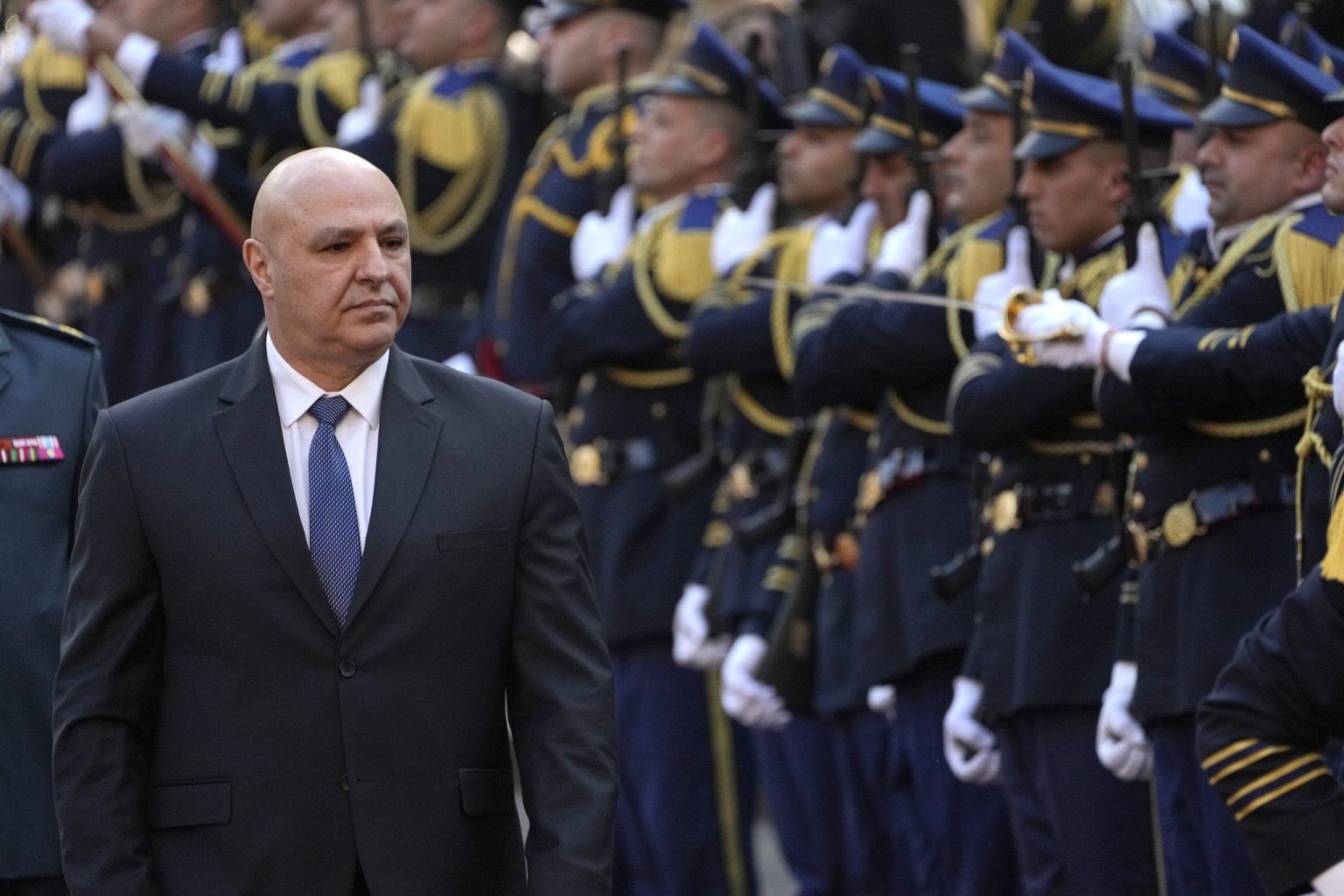Joseph Aoun’s ascension to the Lebanese presidency marks a turning point in the nation’s tumultuous political landscape, signaling a potential weakening of Hezbollah’s grip on power. After a protracted period of political stalemate, Aoun, a Maronite Christian and former army commander, secured the presidency with a significant majority vote in Parliament, a victory for the anti-Hezbollah faction. While Hezbollah, the powerful Shia political and militant group, had vehemently opposed Aoun’s candidacy for over two years, a confluence of factors, including the evolving regional dynamics and Hezbollah’s own weakened position, ultimately forced the group to concede. This shift suggests a decline in Hezbollah’s political leverage and influence within Lebanon’s complex power structure.
Hezbollah’s acquiescence to Aoun’s presidency can be attributed to several key factors, most notably the changing geopolitical landscape, particularly the decline of the Assad regime in Syria, a key Hezbollah ally. This has left Hezbollah increasingly isolated, both regionally and internationally. Cut off from its primary benefactor, Iran, and facing a predominantly Sunni regional environment, Hezbollah’s strategic position has been significantly diminished. This vulnerability has forced the group to adopt a more pragmatic approach to Lebanese politics, prioritizing its own survival and seeking to mitigate further losses. The need for a functioning government to secure international aid and address the dire economic situation in Lebanon further compelled Hezbollah to accept Aoun’s presidency.
Aoun’s election holds significant implications for Lebanon’s domestic politics and its relations with international actors. His inaugural address emphasized the importance of state sovereignty and the monopoly on the use of force, a direct challenge to Hezbollah’s independent military power. While the Lebanese presidency does not wield absolute authority, Aoun’s commitment to these principles signals a potential shift towards strengthening state institutions and curtailing Hezbollah’s influence. However, the true test of Aoun’s resolve will be his ability to implement these policies in the face of Hezbollah’s continued presence and influence, particularly in southern Lebanon. The selection of the prime minister will also be a crucial factor, as this position holds significant power within the Lebanese political system.
While Hezbollah remains a formidable force in Lebanon, its power has been eroded by various factors, including Israeli military campaigns, the targeted killing of key leaders, and the changing regional dynamics. Although the group retains the capacity to mobilize its military apparatus, its ability to exert influence through intimidation and political maneuvering appears to be waning. Recognizing its weakened position, Hezbollah has adopted a more cautious approach, aiming to avoid further confrontation with Israel and secure international assistance for Lebanon’s economic recovery. This pragmatic shift underscores Hezbollah’s recognition of its limitations and its prioritization of its own survival in the face of mounting challenges.
Aoun’s election presents an opportunity for improved relations between Lebanon and the United States, as well as other Western and Arab powers. The U.S. has a long-standing relationship with the Lebanese military and Aoun’s background as army commander provides a foundation for stronger ties. His commitment to state sovereignty aligns with U.S. interests in the region and could pave the way for increased cooperation and support. This potential realignment could also benefit Lebanon by providing access to much-needed international aid and investment, crucial for addressing the country’s severe economic crisis. Lebanon’s crippling economic situation, with widespread poverty and a collapsing currency, further necessitates international assistance, making cooperation with the U.S. and its allies a critical priority.
Israel, too, has a vested interest in the outcome of Aoun’s presidency, particularly regarding the implementation of UN Security Council Resolution 1701, which mandates disarmament in southern Lebanon. Aoun’s commitment to this resolution could foster a more cooperative relationship between Lebanon and Israel, potentially reducing tensions and promoting stability in the region. The Trump administration’s focus on ending regional conflicts further incentivizes a resolution to the long-standing tensions between Lebanon and Israel. Aoun’s presidency, therefore, represents a pivotal moment for Lebanon, offering the potential for a more stable and prosperous future, while also posing significant challenges in navigating the complex political landscape and balancing internal and external pressures.















